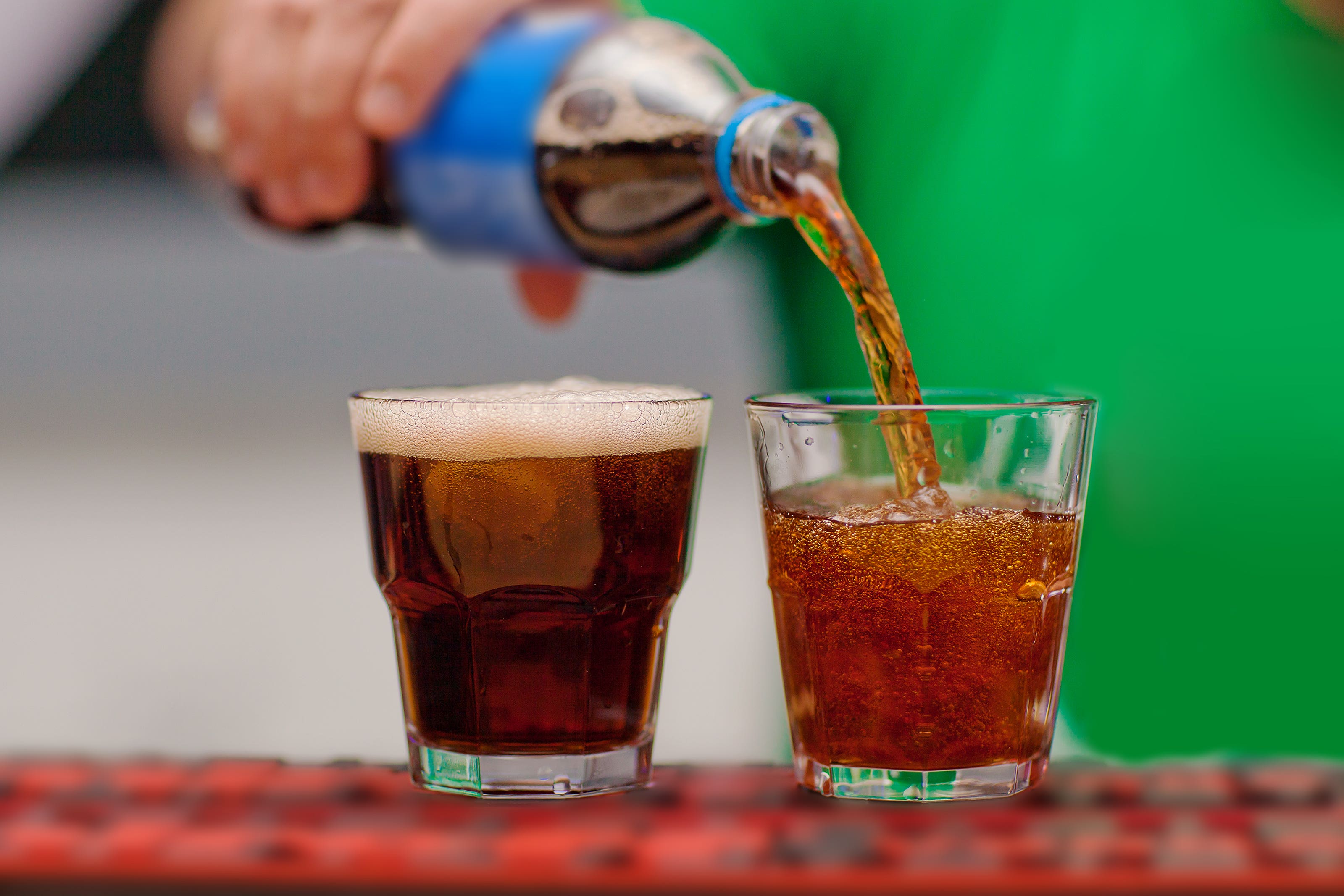Consumers ‘running away’ from traditional fizzy drinks, Dash Water says
Dash Water co-founder Jack Scott said it has been a risk to ‘poke the giants’ of an industry dominated by multinational brands.

A premium sparkling water brand has said more consumers are “running away” from traditional soft drinks that contain artificial sweeteners, despite them typically being cheaper.
Dash Water co-founder Jack Scott said it has been a risk to “poke the giants” of an industry dominated by multinational brands like Coca-Cola, Pepsi and Fanta.
The brand, which uses misshapen fruit and is sold in major supermarkets including Tesco, Sainsbury’s and Waitrose, is set to make its first ever profit since being founded in 2017.
Dash is marketed as being sugar-free and sweetener-free, containing zero calories, and using “wonky” fruit and vegetables which would typically become food waste.
Mr Scott told the PA news agency: “I think people are realising that they don’t need to consume these artificial sweeteners that are found in Diet Coke, such as aspartame.”
Aspartame is a low-calorie artificial sweetener approved for use in the UK.
The sugar substitute is deemed to be safe to consume in moderation, although the World Health Organisation, last year, found it to be “possibly carcinogenic to humans”, meaning it has the potential to cause cancer.
Mr Scott said: “We’re seeing a lot of consumers switch from brands like Coke Zero and Diet Coke, Diet Fanta … admittedly a lot of people are running away from those products, so we’re naturally catching quite a few of those.”
He also said there has been a trend toward consumers drinking less alcoholic drinks, like beer and wine, coupled with people “trading up” to more premium sparkling water.
“The problem for us is price,” Mr Scott told PA.
“It comes back to how big these multinationals are and how cheaply they are selling these products.
“They have got massive scale and very long-term relationships with major retailers, so they have lots of advantage.”
The co-founder previously said: “We should know better than to poke the giants of the soft drinks world – but they should know better than to fill their products with artificial sweeteners.”
Meanwhile, Mr Scott said there was “more work” in its supply chain to infuse its water with misshapen fruit, but stressed it was a crucial part of its pledge to fight food waste and a message that resonates with consumers.
Dash Water is on track to generate £35 million in retail sales this year, from about 40 million cans sold.
It is also expected to make a yearly pre-tax profit of nearly £75,000, its first profit since launching.
Bookmark popover
Removed from bookmarks